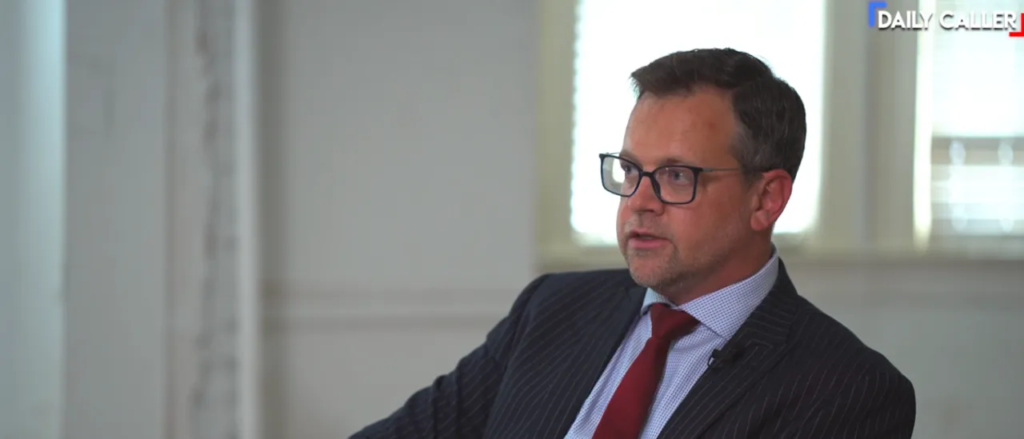South African activists are appealing to U.S. leaders to back a non-violent separation of the nation’s white African minorities, citing a surge in violent crime, corruption, and policies they view as anti-white in South Africa.
During a meeting in Washington, D.C., Ernst Loetz, a filmmaker and spokesperson for the advocacy group Rex Libertas, described South Africa as a “failed nation.” He urged U.S. officials to support a governmental framework that acknowledges the wave of farm murders, which he claims has a racial underpinning that punishes white Africans. The group emphasizes that Afrikaans, descendants of Dutch, German, and French settlers, have been part of South Africa since the 1600s and have developed their own unique language and culture. They argue these groups should be recognized as indigenous to the region, as laid out in a recent statement from Lex Libertas.
“If we aren’t indigenous to South Africa, then where else could we be considered indigenous?” Loetz questioned. His remarks underline a complex identity dilemma faced by members of these communities.
The conversation surrounding Africa gained international traction after former President Donald Trump brought attention to the South African situation during a meeting that highlighted the challenges faced by the white minority. President Cyril Ramaphosa dismissed claims of genocide, arguing that violent crime affects all South Africans, with black citizens often being victims.
Rex Libertas indicates that the heart of the issue may be political. They advocate for a decentralized political structure that better reflects the country’s diverse ethnic and cultural landscapes rather than a singular, centralized government. Their report compares South Africa’s diversity to that of Western Europe, emphasizing the fragmented history prior to 1910, which was marked by various republics and tribal territories.
“South Africa is incredibly diverse,” Loetz remarked. “It’s not just about different cultural identities but also varying civilizations coexisting.” This complexity suggests that public policy should reflect the needs of these varied communities.
In light of ongoing challenges, the group argues that meaningful solutions require a move toward decentralization, allowing for cultural and territorial autonomy. Loetz proposes that reforms could lead to improved conditions for all South Africans, shifting prosperity from a dysfunctional central authority to self-governing cultural groups. They advocate for the elimination of race-based laws and a more equitable judicial system, in addition to upholding property rights.
To advance these goals, Loetz is working to garner international support, focusing on public pressure and potential sanctions against South African officials who resist change. They also seek recognition for their political cause, aiming to engage in parallel institutional frameworks that safeguard activists and negotiate autonomy with the Pretoria government.
Roets emphasized that while Rex Libertas doesn’t expect the U.S. to resolve South Africa’s issues directly, American involvement could align with U.S. strategic interests. They believe it can help counteract anti-American sentiments stemming from South Africa’s stances at international organizations.
Roets said, “We’re not asking for a lot, but even a small gesture could lead to significant positive changes for us.” Yet, there are risks involved. He noted that past outreach efforts have led to investigations into some of his colleagues.
Loetz acknowledged the potential for backlash, suggesting that speaking out against one’s government shouldn’t be equated with treason. “Although we can’t predict their reaction, the risk we take feels necessary. The notion of being labeled a traitor for voicing our concerns is absurd.” He concluded by reinforcing the idea that their struggle revolves around the definition of their identities.







